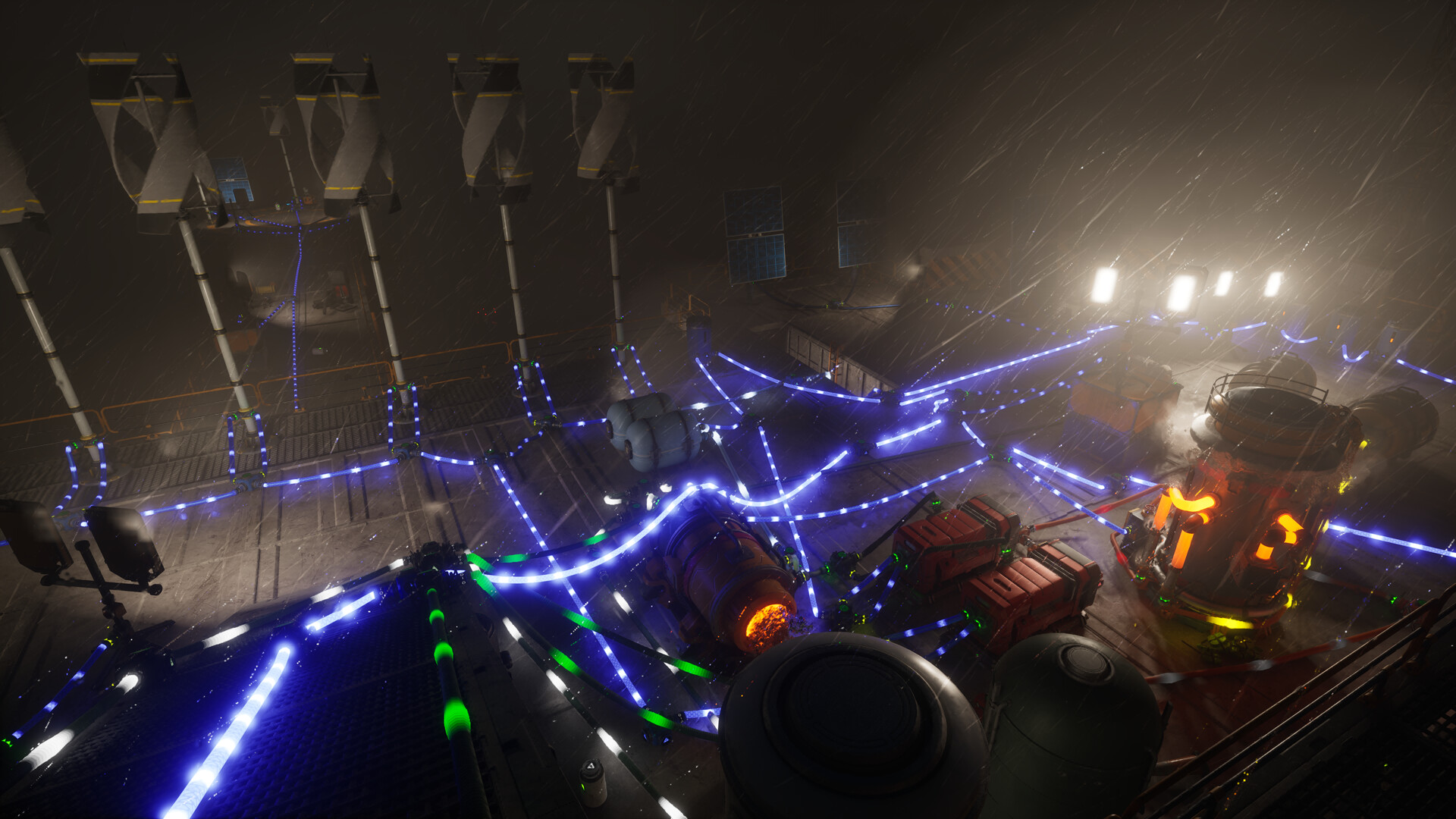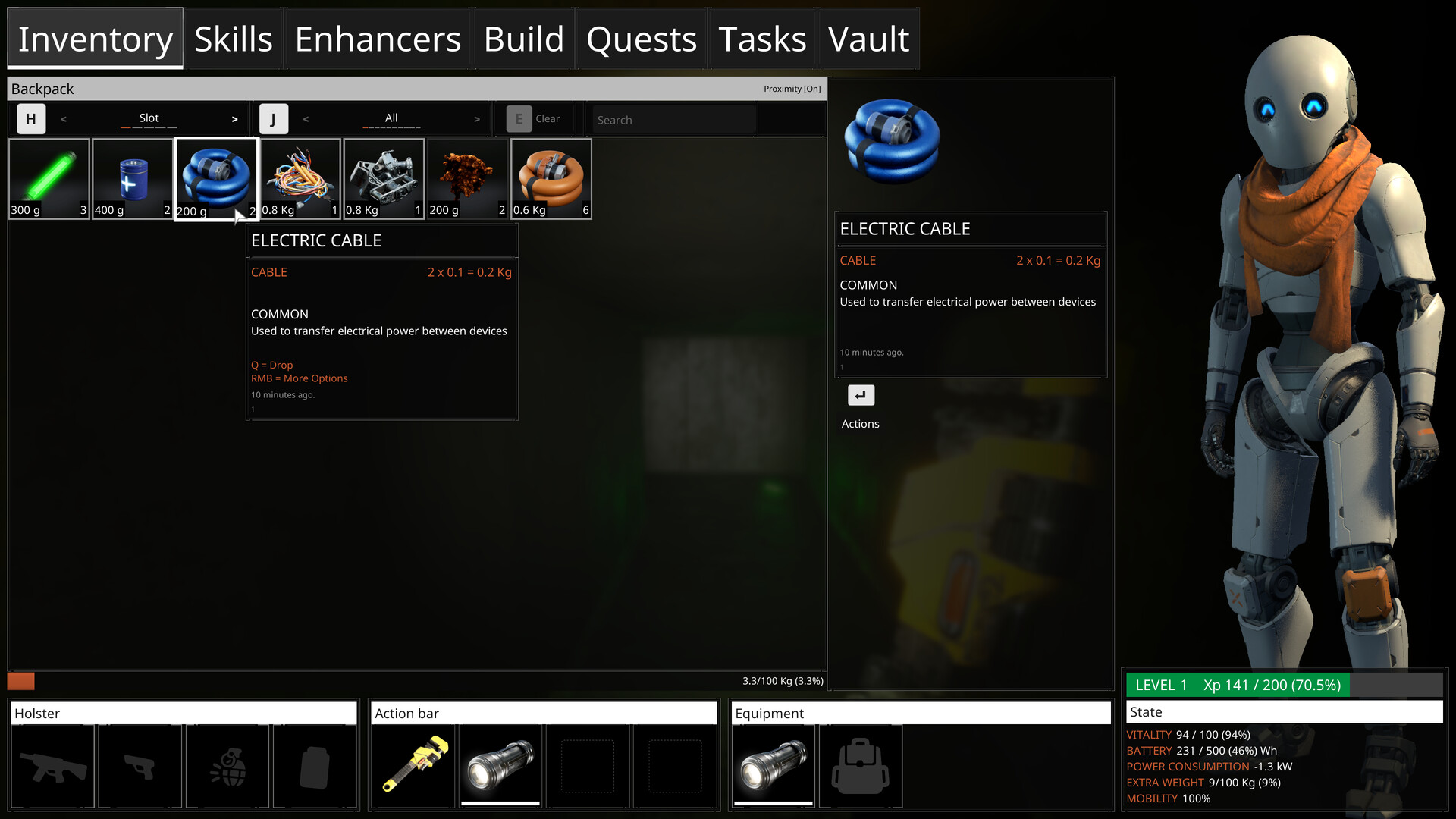The Last Caretaker is now available in our latest digital key promotion. This offer allows players to unlock a working Steam activation code through our verified rewards system. Keys are distributed in limited quantities and updated daily.
The Last Caretaker is a haunting, story-driven adventure game that blends exploration, mystery, and emotional narrative into a deeply atmospheric experience. Set in a world where nature has reclaimed the ruins of human civilization, the game follows the final guardian of an ancient sanctuary — a lone caretaker tasked with preserving what remains of life, memory, and meaning in a dying world.
Developed by an independent studio known for its environmental storytelling and meditative gameplay design, The Last Caretaker invites players into a slow-paced, introspective journey. Rather than relying on combat or action, it focuses on discovery, atmosphere, and the emotional weight of solitude. The world is both beautiful and melancholic — overgrown forests swallowing cities, mechanical remnants of humanity rusting beneath ivy, and strange bioluminescent life blooming where people once walked.
You play as the Caretaker, an ageless being bound to the sanctuary — a vast, interconnected ecosystem powered by forgotten technology and ancient magic. Your mission is to maintain balance: restore systems, nurture life, and uncover the story of how the world fell silent. As the last living witness, you wander through overgrown temples, abandoned laboratories, and decaying archives, piecing together the history of humankind’s collapse and your own mysterious origins.
The gameplay in The Last Caretaker emphasizes environmental puzzles, gentle exploration, and emotional storytelling. Players must restore ancient machines, channel water through broken irrigation systems, revive plant life, and repair energy conduits that keep the sanctuary alive. Every action feels meaningful — planting a seed may trigger a bloom that reveals hidden paths, while reactivating a weather tower might change the ecosystem of an entire region.
Time and nature are living forces in the game. The environment shifts dynamically depending on your actions and the passage of days. Over time, your sanctuary grows or decays based on the care you give it. Flowers bloom, animals return, and rivers flow again — or the land withers if neglected. This creates a sense of living consequence, where the world visually responds to your choices and stewardship.
A core theme of the game is memory and legacy. Throughout your journey, you uncover audio logs, holograms, and relics left by the world’s former inhabitants — scientists, artists, wanderers — each offering fragments of humanity’s story. These echoes intertwine with the Caretaker’s own memories, revealing deep emotional connections between the natural and the artificial, life and decay, creation and loss.
Visually, The Last Caretaker is breathtaking. Its hand-crafted environments use painterly lighting, dynamic weather, and realistic vegetation to create a sense of serenity and isolation. The aesthetic feels like a mix of Studio Ghibli’s Nausicaä, Journey, and The Last Guardian, blending soft organic beauty with ancient, decaying machinery. Every frame looks like a living painting, illuminated by soft sunlight filtering through overgrowth or moonlight reflecting off still water.
The game’s sound design and music amplify its emotional impact. The soundtrack features ambient piano, strings, and choral elements that ebb and flow with your progress — calm and reflective during exploration, swelling with melancholy when you uncover fragments of the past. The world’s natural sounds — the rustling of leaves, the hum of forgotten engines, the distant cries of unseen creatures — create a meditative rhythm that makes exploration deeply immersive.
As you progress, you uncover the truth behind your existence and the sanctuary’s purpose. Are you maintaining life — or merely delaying inevitable extinction? The narrative raises profound philosophical questions about duty, loneliness, and the cycle of creation and decay. The ending adapts to your actions throughout the game: a flourishing paradise, a solemn farewell, or the quiet acceptance of entropy.
In essence, The Last Caretaker is not just a game — it’s an experience about stillness, memory, and the fragile beauty of life. It rewards patience, curiosity, and reflection, offering a poignant reminder that even at the end of all things, care — however small — still matters.
























